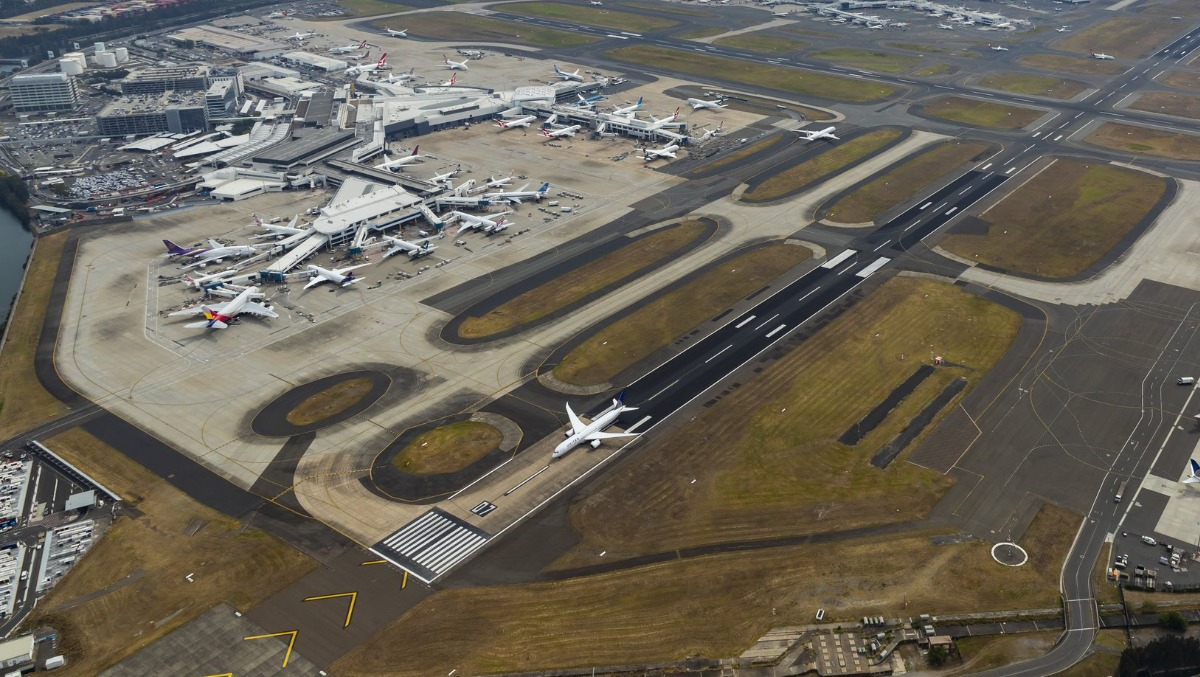
The ACCC believes larger airlines “can exploit” the current rules around take-off slots at airports to stop smaller carriers from competing with them at peak times.
In a scathing assessment of the domestic industry, the competition watchdog said in general, that the current duopoly of Virgin and Qantas has resulted in higher airfares and poorer service.
The organisation also highlighted an exclusive by Australian Aviation last year in calling for reform of the industry.
“Domestic aviation is one of the most concentrated industries in Australia, barring only natural monopolies such as electricity grids and rail networks,” said ACCC chair Gina Cass-Gottlieb.
“Without a real threat of losing passengers to other airlines, the Qantas and Virgin Australia airline groups have had less incentive to offer attractive airfares, develop more direct routes, operate more reliable services, and invest in systems to provide high levels of customer service.
“Rex’s expansion onto major intercity routes and Bonza’s launch have been positive developments for competition, but their share of the market is small, and there are barriers to growth.”
Australia’s slot system attempts to shield airlines from having to unexpectedly cancel flights as well as increasing competition domestically, ensuring no one operator holds a monopoly.
A slot is a literal time slot that allows an airline to take off at a specific airport at a particular time.
The rules state that if an airline holds a slot, it can keep it to itself, but only if the business uses it for 80 per cent of the time.
Those rules were hugely relaxed during COVID-19 as lockdowns and border closures caused hundreds of cancellations but have also been criticised by both Rex and Bonza as stifling their ability to run services at the most popular times.
The problem is thought to be most endemic at Sydney Airport, which is nearly at capacity and has an effective monopoly.
“The current legislative rules for managing airline use of take-off and landing slots at Sydney Airport can materially impede competition in two interrelated ways,” said the ACCC.
“Rules allowing airlines to retain slots in perpetuity exacerbates capacity constraints by limiting the opportunities for new or expanding airlines to acquire slots needed to launch new services and compete.
“Airlines can exploit the scheme by acquiring and hoarding slots for strategic reasons, such as to prevent competitors’ access to slots, resulting in inefficient slot use and further diminishing opportunities for increased competition. The impact of these flaws in the demand management scheme is more than theoretical.
“Rex’s ability to continue to expand its intercity jet operations and bring choice and competition to more consumers each week will likely be hindered without better access to peak period slots at Sydney Airport.”
Sydney Airport, which has no say over the rules, backed the ACCC’s position.
“We endorse the ACCC’s common-sense position that the slot management scheme should foster efficiency and robust competition,” said the airport in a statement to Australian Aviation.
“Making it easier for new domestic and international airlines to access slots will lead to more choice for travellers. The problem is that the current rules don’t work. A rule that says it’s OK for airlines to cancel up to 20% of flights makes no sense and incentivises airlines to over-file for slots, leads to more cancellations, and clearly isn’t in the best interests of the travelling public.”
The rules were created by now-Rex deputy chairman John Sharp when he was in government. However, he has repeatedly spoken of his great regret in introducing them.
“We shouldn’t have been so generous with the 80–20 split,” he told Australian Aviation last year.
“It should have been 90–10. Or we should have put an audit process in place to make sure airlines were only cancelling flights within a slot for legitimate reasons or reasons related to something beyond their control. So that’s a mistake we made at that time.”















